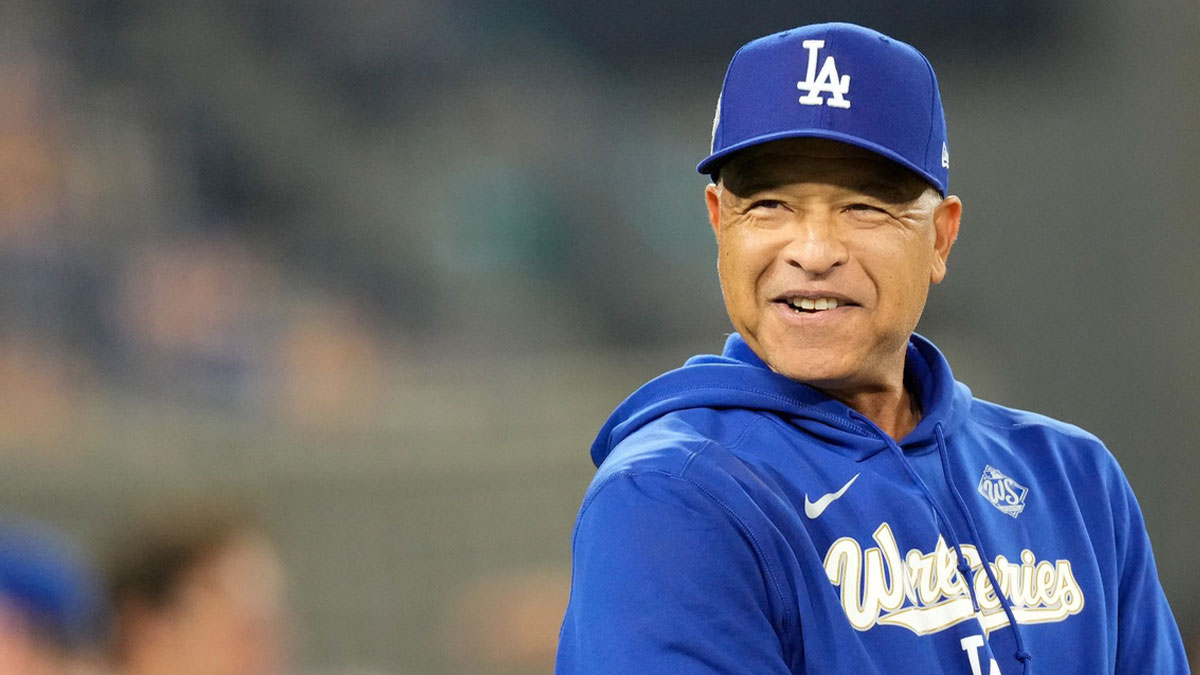Thousands of Kaiser Permanente nurses, pharmacists, and health care professionals across Hawaii began returning to work Sunday after a five-day strike. The strike was energized by what union leaders called “historic” and new national standards that recognize safe staffing as a patient safety issue rather than an employer choice.
The United Nurses Associations of California/Union of Health Care Professionals (UNAC/UHCP), which represents 31,000 caregivers across California and Hawaii—including more than 200 in the islands—launched their strike Tuesday. The work stoppage ended at 7 a.m. Sunday after five days of picketing at more than 500 Kaiser hospitals and clinics.
The strike drew strong public and political support as workers called for safer staffing levels, fair wages, and pay equity for Hawaii employees who say they earn up to 30% less than their mainland counterparts.
“Our historic 5-day strike across four islands came to an end today at 7 a.m. when we proudly went back to work feeling more united and determined to continue our campaign for safe staffing and fair wages that help us afford Hawaii’s high cost of living,” Local 5 financial secretary-treasurer Cade Watanabe told the Honolulu Star-Advertiser Sunday.
“The outpouring of support we received over the last five days was unprecedented and demonstrates the value our community places on our frontline health care workers. We just need Kaiser to do the same so that we can get back to delivering the quality care our patients deserve. We look forward to engaging in meaningful bargaining in the near future.”
A Kaiser spokesperson could not be immediately reached for comment.
The strike coincided with the release of new national staffing standards by The Joint Commission, the accrediting body for U.S. hospitals. The new rules elevate staffing levels to a national patient safety requirement—a major shift that unions say will reshape future labor negotiations.
“The Joint Commission has finally said what nurses have known all along: unsafe staffing is unsafe care,” UNAC/UHCP President Charmaine S. Morales said in a statement. “Employers like Kaiser can no longer treat staffing like a budget line. It’s now a national patient safety mandate, and UNAC/UHCP will make sure it’s enforced.”
In Hawaii, roughly 2,300 unionized Kaiser workers represented by UNAC/UHCP, the Hawaii Nurses and Healthcare Professionals (HNHP), and UNITE HERE Local 5 joined the work stoppage. Local 5 represents hospital aides, medical assistants, dietary specialists, and housekeepers, while HNHP represents nurses, nurse practitioners, and respiratory therapists.
Union leaders say local negotiations, ongoing since April, have stalled over safe staffing ratios, wages that reflect Hawaii’s cost of living, and wage parity with mainland workers. Contracts for Hawaii Kaiser workers expired September 30.
During the strike, many community members rallied behind the workers. Pharmacist Rachel Stone, who joined the picket line for three of the five strike days at Kaiser Moanalua, said the experience was both unifying and empowering.
“It was very powerful,” she said. “Sometimes it can feel like you’re just one person in your department, but being on the line with union members from UNAC/UHCP, Local 5, and HNHP, it really felt like we were sharing mana—that collective strength. We’re all fighting for the same things: fair wages, protection of our benefits, and the ability to provide safe care.”
Stone added that the community’s response was deeply moving.
“The people of Hawaii really showed up for us—not just with honking and support, but people brought us food and water. Some were family members of union members, but others were just community members who wanted to help,” she said. “We just want Kaiser to see us as people and to value Hawaii workers the same as other Kaiser staff across the country.”
UNAC/UHCP will return to the national bargaining table with Kaiser Permanente on October 28 and 29. In a statement, the union said it will enter those talks with “extraordinary unity, broad community support, and a national patient safety mandate that cannot be ignored.”
“We stood strong for five days and made sure the world heard us,” Morales said. “This strike wasn’t just about numbers on a contract—it was about the right to provide safe care to every patient who walks through those doors.”
https://www.staradvertiser.com/2025/10/20/hawaii-news/kaiser-caregivers-end-strike-return-to-the-bargaining-table/


